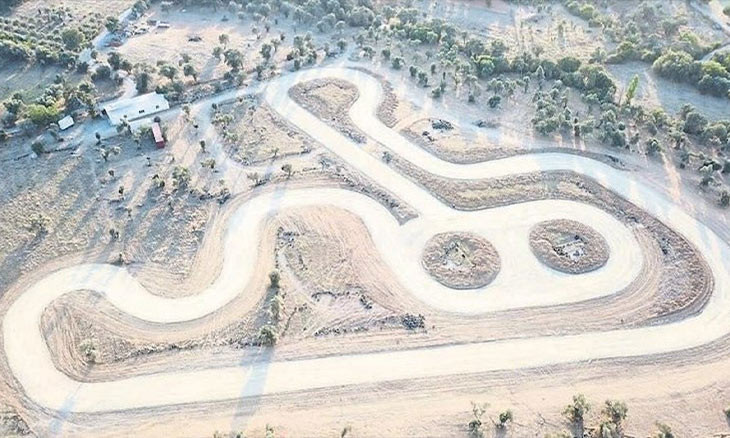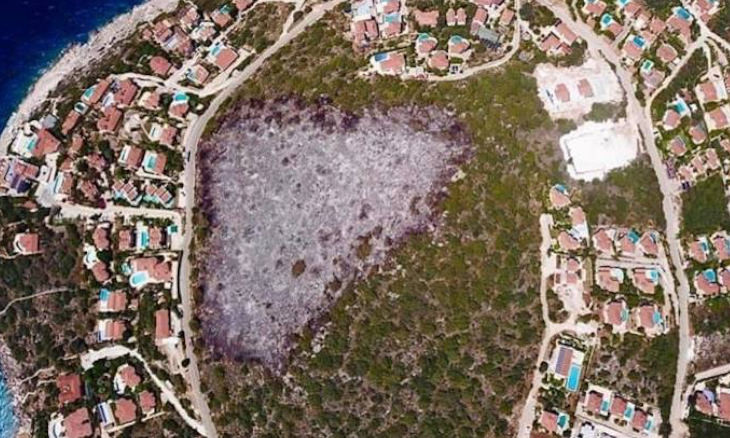Turkey's Aegean olive producers face devastating drop in cultivation
Famed for its quality olives, Turkey's Aegean region has been adversely affected by a surge in the construction of power plants. Matched with climate change and drought, the power plants have severely harmed the area's prize crop.
Duvar English
Olive producers in Turkey's Aegean region have reported a 40 percent drop in production due to factors such as climate change and the negative effects of geothermal and wind energy plants in the area, daily Birgün reported.
The decline in production is a massive blow to the Aegean region, which considers olives one of its most important and bountiful crops.
Kadir Coşkun, an olive producer in the province of Manisa, said that they are experiencing previously unforeseen periods of drought in the area, on top of increased production costs due to the pandemic.
“The monopolization of merchants has also brought an end to olive cultivation. They can play with the prices as they wish. This year it has been difficult to find workers due to the pandemic. The harvest has begun, but we're finished,” Coşkun added.
Kazım Çağlayan, a farmer in the province of Aydın, said that geothermal power plants in the area have harmed productivity.
“Energy is good but go and produce it outside of agricultural lands. Isn't this a shame to olive cultivation? Our olives are the best in the world but nowadays they are not even growing properly,” Çağlayan said.
Agricultural Engineers' Chamber board chairman Baki Remzi Suiçmez said that the consequences of climate change in conjunction with persistent drought could wipe out 85 percent of the olive fields in the region.

 Western Turkey go-kart ring obtains construction permit despite court ruling to halt projectEnvironment
Western Turkey go-kart ring obtains construction permit despite court ruling to halt projectEnvironment Zoning project approved for protected area in Mediterranean district of Kaş following huge fireEnvironment
Zoning project approved for protected area in Mediterranean district of Kaş following huge fireEnvironment